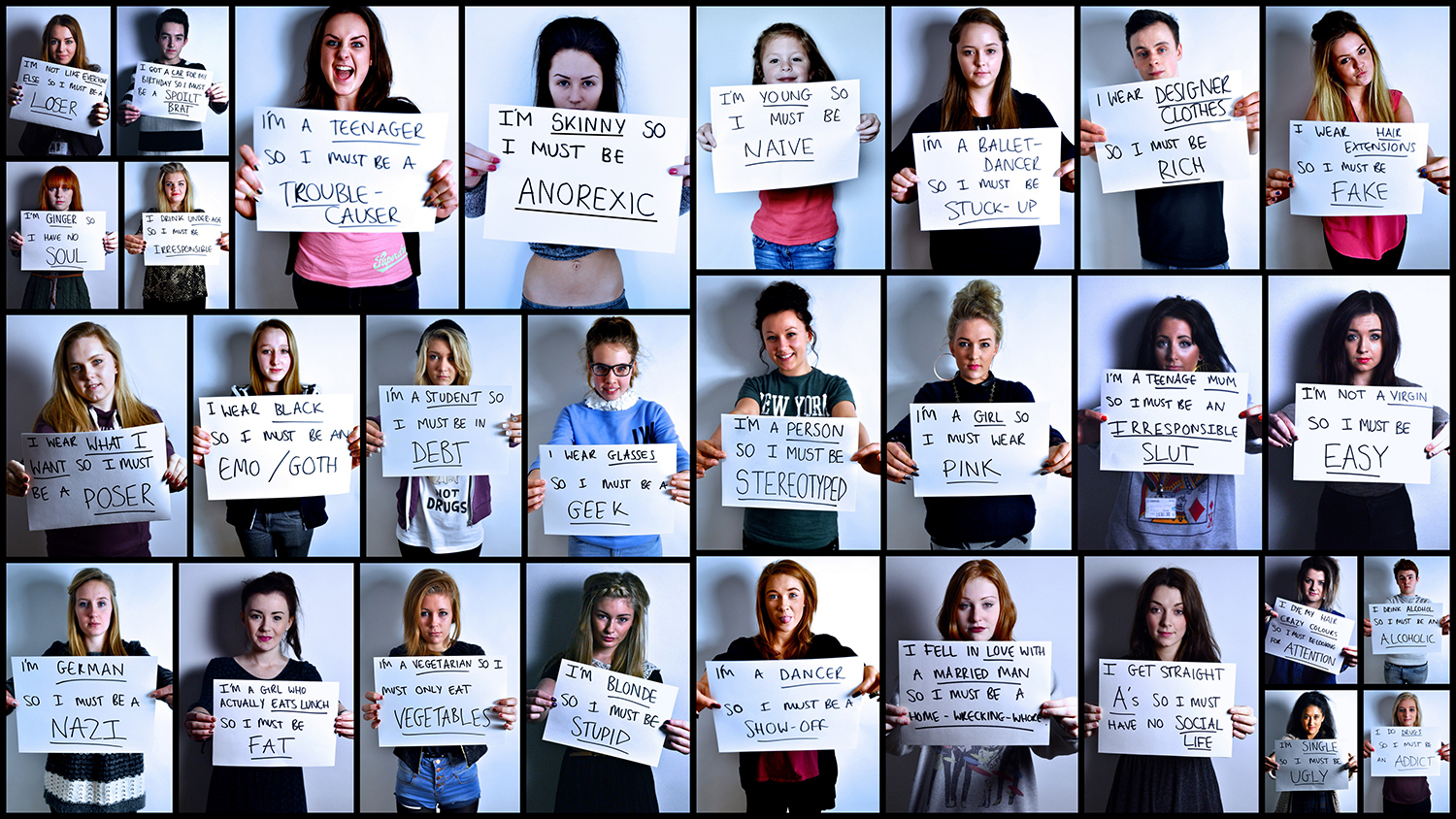
Hello everyone!
Any bookstagrammers out there? If you are one, comment with your instagram username below and I will follow you 🙂
Today I want to talk about stereotypes. As readers of diverse fiction, stereotypes hold negative connotations. We crinkle our noses when characters become stereotypical, we roll our eyes, and we make a mental note to slam that character in our book review.
ster·e·o·type noun a widely held but fixed and oversimplified image or idea of a particular type of person or thing.
For example, there is that stereotype that Chinese kids are nerdy, good at math, and wear glasses. I mean, how clichéd is that? I want to blow a gasket and flip a table somewhere.

Then I realized that I am a nerdy, nearsighted Chinese(-Canadian) person who is somewhat good at math.
So… am I… a stereotype?
Could it be that there is some truth to that stereotype? For example, when I think about it, there are reasons why I am nerdy, nearsighted, and good at math. And part of it does have to do with the fact that I am Chinese:
- I am nerdy: China values academic success. The “popular” kids in China are those who are smart and have high grades. A famous Taiwanese drama features a love interest who is the most popular boy in high school because he has an IQ of 200 and gets top grades in every class. Growing up, the most popular kids in my elementary school are the ones who have the best academic performance. I was taught at a young age to study hard, and I was rewarded for that.
- I am (somewhat) good at math: Math is emphasized in the curriculum in China. As a kid, I learned the multiplication table in grade 1. A lot of my friends took private lessons to learn abacus in preschool and kindergarten (I didn’t, which made me the runt of the math litter.) However, when I came to Canada, the multiplication table wasn’t taught until grade 3-4, and suddenly I was well ahead of everyone. It just seems that kids learn math earlier in China and they have more time to get better at it.
- I wear glasses: I had to Google this one, because I didn’t know whether or not it’s really true. Turns out that 86% of high school kids in Shanghai wear glasses, compared to 29% in Singapore and 3% in Sydney, Australia. Why is this? China has a super highly competitive academic system. Kids have to study their butts off at a young age and spend countless hours reading books (or looking at their computer screen), which increases nearsightedness.
But if that’s the case, how can stereotypes bear some truth, but still enrage people? I would still be super, duper angry if I were to ever see a Chinese character portrayed that way.
The issue comes when a character presents an oversimplified image or idea of a certain group of people. Everyone is unique, even if we do have some of the stereotypical qualities of the group that we belong to.
Some of us may appear to fit the stereotype at first glance, but when we delve deeper, there are unique qualities that make us who we are. I may be a nerdy and nearsighted Chinese person, but I also happen to enjoy crafting and pole dancing, and I can speak well in public situations if I put my mind to it. Other people defy stereotypes in general. Some of my Chinese-Canadian friends are terrible at math, or they are popular and love to party and socialize. And one of my Chinese-Canadian friends actually has 20/20 vision.
So perhaps, it is not when a character has certain stereotypical traits of a culture or a group that we dislike. And rather if the character only have these traits, and nothing else that distinguishes them as who they are.
But can character go too far to defy their stereotype? There are characters from the other extreme of the spectrum, in which they have no qualities of the particular culture or group they belong in. It is as if the author takes a Generic Supporting Character X and slaps on an ethnic label, just so the novel can be “diverse”. This irritates us as well.
You see what I mean? It is a fine, fine line between a stereotypical character and a character who is devoid of all characteristics that make them a member of a certain group or culture. We love it when characters break the mold, but we hate it when they break the mold too much.
As a writer, this actually makes it terrifying to write about anyone who is not in my ethnic group. What if I get it completely wrong? What if I offend without intending to?
Do you agree that there is some truth to some stereotypes? What do you think about stereotypes in fiction? Can a character go too far in defying cultural stereotypes?
PS. I refer to cultural stereotypes a lot in this post, because that is what is most relevant for me. But I do wonder if this applies to stereotypes in general: for example, gender stereotypes, or stereotypes about people of different sexual orientations.

Leave a comment